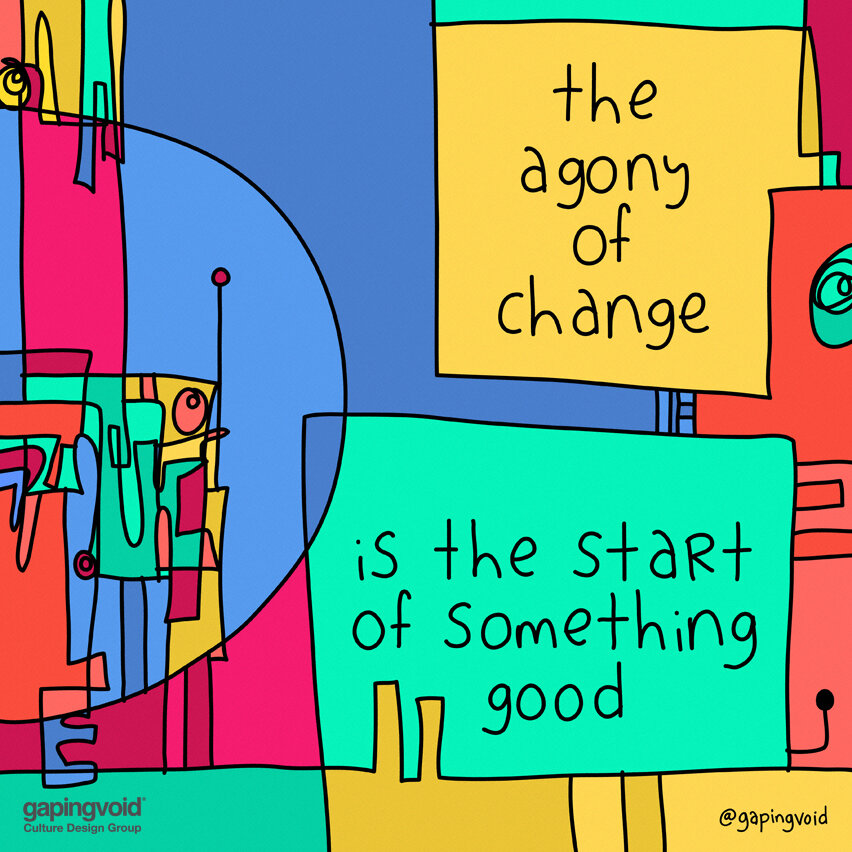My Software Won’t Fix Your Culture
65% of companies have an executive that “owns” data—the Chief Data Officer—up from 12% in 2012. But data is still a struggle. Just 24% feel their organization uses data effectively. That’s worse than last year. What’s going on?
More tools won’t make it better. Tools can help, but cultural change is the key. The dark secret of data is that it’s a nasty hairball. Data is strewn all over the place like Grandpa’s attic, and constant change makes it worse. It takes a culture of teamwork and data curation to get it under control.
Here are eight ways to spark cultural change around data with case studies.
Policy can be a powerful change agent. President Obama did this with his open data initiative ten years ago. It takes time, but his policy sparked change that continues with, for example, mass transportation innovation.
Mantras can establish a new attitude, too. When CIO John Meister joined Panera Bread, he evangelized “One Panera” and convinced business line owners to use MDM to own mastering their data. It worked. When the pandemic hit, they flipped their business model on its head and worked as one team, thanks to the agility they have around data.
Intrapreneurs break through tired thinking. Read the Intrapreneurs Manifesto for more.
Diverse teams carry culture change and encourage new points of view. Read Visualizing Cassie Kozyrkov’s Guide to Data Science Teams.
Data fabric tools help break down data silos. Read On Data Centralization Disease and Data Fabrics
Data as a service, can make it easier for teams to share data too. KBTG Bank did this and reduced the time it takes them to share new data views from months to hours.
Put business users in charge of their own data to encourage a sense of ownership. Pedro Diaz Ochagavia explains how in Monster Data Mashups.
Data is messy. Cultural change is hard. But as Gapingvoid explains, the agony of change is the start of something good.




